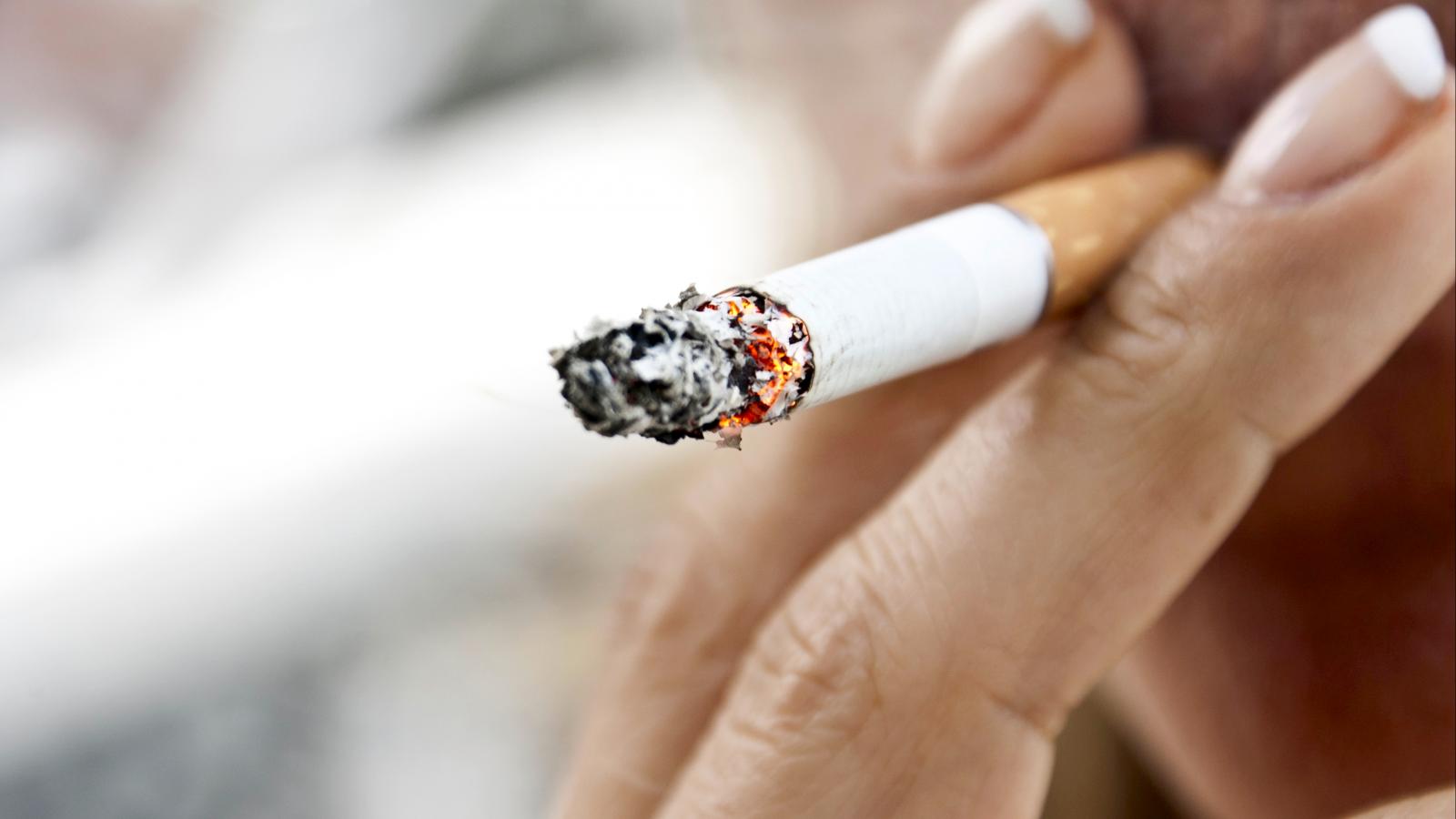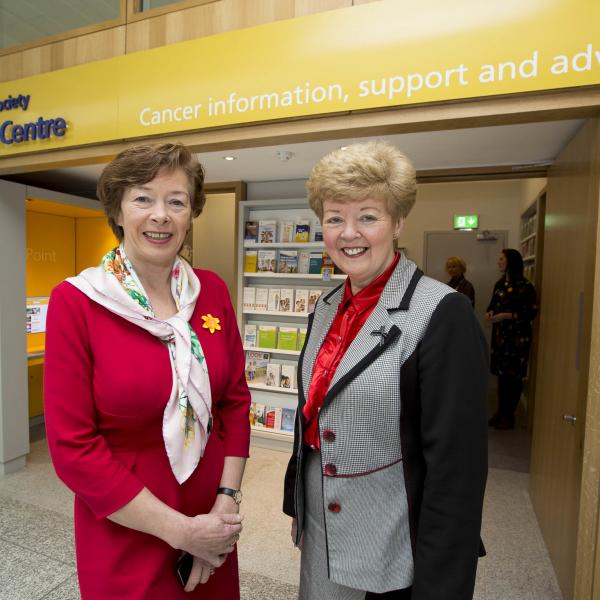What increases my risk of vulval cancer?

The cause of vulval cancer is unknown. But there are certain things called risk factors that can increase your chance of developing the disease.
Risk factors
- HPV: Around 1 in 3 vulval cancer cases are linked to the HPV virus. It can also cause vulval intraepithelial neoplasia (VIN). VIN is cell changes in the skin of the vulva. VIN is not a cancer but is precancerous and if left untreated can lead to vulval cancer. About 8 in 10 cases of VIN are linked to HPV infection.
- VIN: Precancerous changes in the top layer of skin covering the vulva, which can sometimes develop into vulva cancer over a number of years. If you have VIN, you may have some treatment to reduce your risk of developing vulval cancer. For example, regular monitoring (surveillance) or laser treatment or surgery to remove the abnormal area.
- Age: It is more common in women over the age of 60.
- Smoking: Smoking may also increase your risk of developing both VIN and vulval cancer. The chemicals in cigarettes can affect how you fight infection in the vulva.
- Benign conditions: If you have certain skin conditions for a long time, you have a higher risk of developing vulval cancer. These conditions include vulval lichen sclerosis and vulval lichen planus. Both can cause long-term irritation of the skin in the vulval area. Paget’s disease of the vulva in post-menopausal woman can also increase your risk but only in a small number of women.

Having a risk factor doesn’t mean you will get cancer. Sometimes people with no risk factors get cancer. If you’re worried, talk to your GP or talk to one of our cancer nurses. Call our Support Line on 1800 200 700 or visit a Daffodil Centre.
Reducing your risk of vulval cancer
The most important things you can do to reduce your risk of vulval cancer are:
- Stop smoking
- Check your vulva for any unusual changes
- Get regular cervical checks (the nurse will look at your vulva too for any abnormal changes)
The HPV vaccine protects against HPV types 16 and 18, which increase the risk of vulval cancer.
For more information
Phone
1800 200 700


